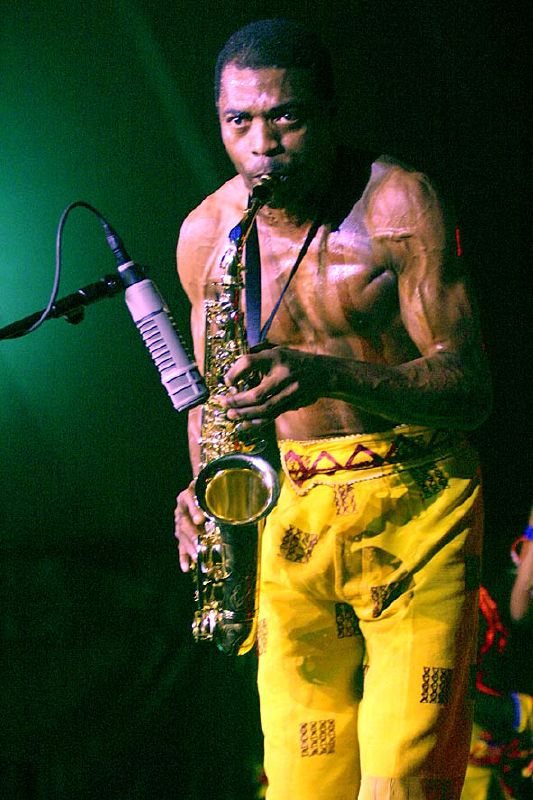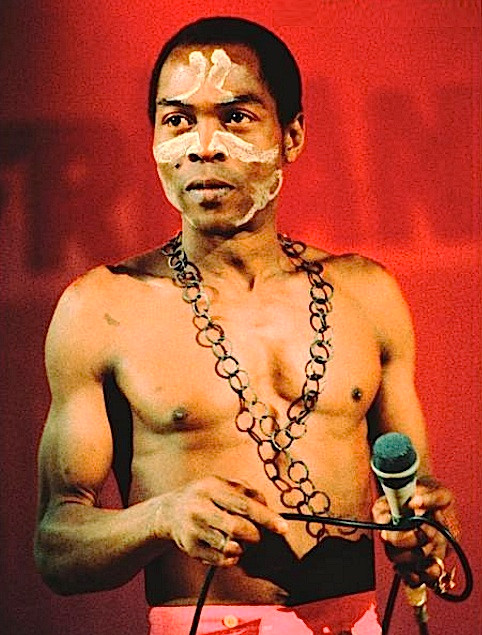Fela Kuti: The Birthplace of Afrobeat and Its Revolutionary Impact
Introduction:
Fela Kuti, the legendary Nigerian musician and activist, holds a prominent place in the history of music and social change. Known as the pioneer of Afrobeat, Fela Kuti revolutionized the music scene with his unique fusion of traditional African rhythms, jazz, funk, and highlife music. In this article, we explore why Fela Kuti is considered the birthplace of Afrobeat and delve into the groundbreaking elements that define this influential genre.
The Cultural Landscape of 1970s Nigeria:
To understand Fela Kuti’s role as the birthplace of Afrobeat, it is crucial to consider the sociopolitical context of 1970s Nigeria. Nigeria had just gained independence from colonial rule, and the nation was grappling with complex challenges of corruption, political instability, and social inequality. Against this backdrop, Fela Kuti emerged as a revolutionary force, using his music as a platform to address these pressing issues.

The Fusion of Musical Influences:
Fela Kuti’s genius lay in his ability to blend diverse musical influences into a cohesive and distinctive sound. Drawing inspiration from traditional West African music, jazz, and American funk, he created a fusion that was uniquely Nigerian and yet resonated with global audiences. By infusing intricate African rhythms with elements of Western music, Fela Kuti pioneered a genre that transcended cultural boundaries and became the sound of resistance and liberation.
The Birth of Afrobeat:
Fela Kuti’s creation of Afrobeat can be traced back to his experiences in the United States during the late 1960s. While studying music in Los Angeles, he was exposed to the works of prominent African-American musicians, such as James Brown and Miles Davis. These encounters inspired him to incorporate the soulful energy of funk and jazz into his music, while staying true to his African roots.
Political Commentary and Activism:
What sets Afrobeat apart from other genres is its potent blend of music and activism. Fela Kuti used his lyrics as a powerful tool to criticize political corruption, advocate for human rights, and denounce social injustice. Through songs like “Zombie,” “Sorrow, Tears, and Blood,” and “Gentleman,” he fearlessly spoke truth to power, challenging oppressive regimes and calling for societal change. Fela Kuti’s lyrics and performances served as a rallying cry for Nigerians and Africans across the continent who yearned for liberation and equality.

Legacy and Global Influence:
Fela Kuti’s impact extends far beyond Nigeria’s borders. His music and message resonated with people worldwide, particularly those who had experienced or were fighting against social and political oppression. Afrobeat, with its infectious grooves and thought-provoking lyrics, became a voice of resistance and a symbol of cultural identity for marginalized communities. Today, artists from diverse backgrounds continue to be inspired by Fela Kuti’s legacy, incorporating Afrobeat elements into their music and carrying forward his message of social consciousness.
Conclusion:
Fela Kuti’s status as the birthplace of Afrobeat is a testament to his artistic genius, musical innovation, and unwavering commitment to social change. By fusing traditional African rhythms with global influences, he created a genre that transcended borders and became a powerful vehicle for activism and cultural expression. Fela Kuti’s Afrobeat legacy continues to resonate with audiences worldwide, reminding us of the transformative power of music in challenging injustice and shaping a better future.
